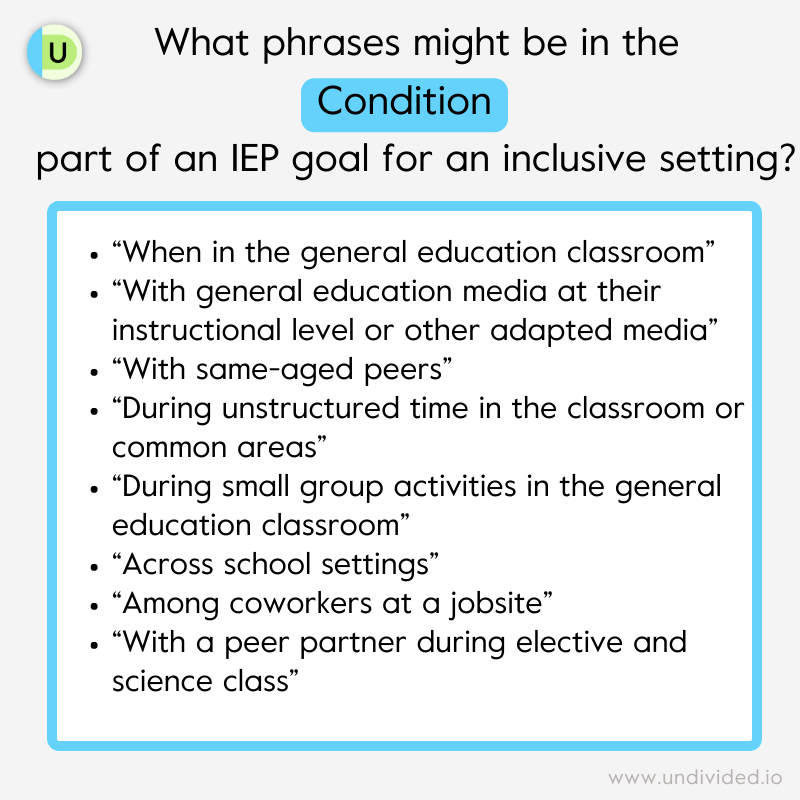First grade is an important year for young students as they begin to develop foundational reading skills. For students with Individualized Education Programs (IEPs), setting specific reading goals can help support their progress and ensure they are meeting grade-level expectations.
IEP reading goals for first grade are designed to address each student’s unique needs and challenges. These goals are tailored to support the development of essential reading skills such as phonics, fluency, vocabulary, and comprehension. By setting clear and measurable goals, educators can track a student’s progress and provide targeted interventions as needed.
1. Phonics Skills
One of the key reading goals for first graders with IEPs is to improve their phonics skills. This includes recognizing and decoding letter sounds, blending sounds together to form words, and understanding basic spelling patterns. By focusing on phonics, students can become more proficient readers and improve their overall reading comprehension.
2. Reading Fluency
Another important goal for first grade students is to improve their reading fluency. This involves reading with accuracy, speed, and expression. By practicing reading aloud and using strategies such as repeated readings and guided reading, students can enhance their fluency skills and become more confident readers.
3. Vocabulary Development
Increasing vocabulary is also a key goal for first graders with IEPs. By introducing new words and concepts through reading materials and activities, students can expand their vocabulary and improve their ability to comprehend text. Vocabulary development plays a crucial role in overall reading comprehension and academic success.
4. Reading Comprehension
Improving reading comprehension is a fundamental goal for all first grade students, including those with IEPs. By teaching students to use reading strategies such as predicting, summarizing, and making connections, educators can help students better understand and interpret text. Comprehension goals may focus on literal understanding, inferential thinking, and critical analysis of text.
In conclusion, setting specific and achievable reading goals for first graders with IEPs is essential for supporting their literacy development. By focusing on areas such as phonics, fluency, vocabulary, and comprehension, educators can help students build the skills they need to become proficient readers. With targeted interventions and ongoing support, students can make significant progress in their reading abilities and achieve success in the classroom.
